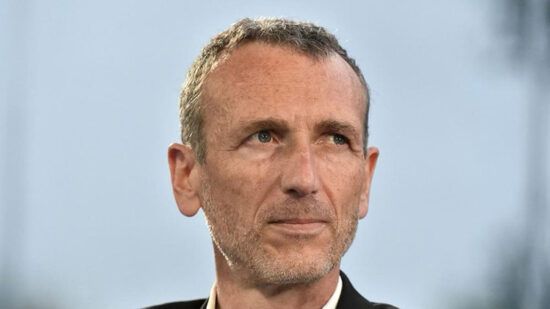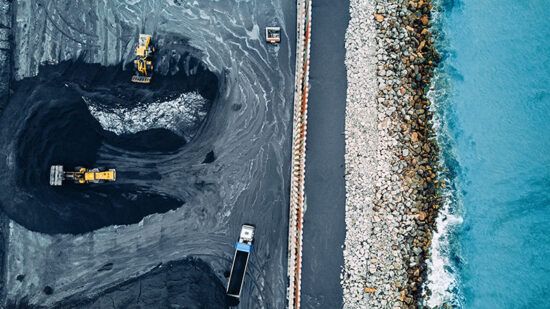Last month, Luxembourg-headquartered Quintet Private Bank announced the launch of a multi-asset, climate-neutral investment fund, which it said it the first of its kind offered in Europe.
It combines equal exposure to green bonds and low-carbon equities, and offsets associated carbon emissions through reforestation activities using the company myclimate.
Here, James Purcell, group head of sustainable investment at Quintet Private Bank, talks us through the fund’s concept and offsetting strategy.
How can funds offset their carbon impact? What is the best way?
Funds should have a coordinated climate strategy that goes beyond just offsetting. The approach we prefer uses understandable terms: Reduce, Transform, Remove. This means investing in companies that are reducing their emissions, purchase securities that are helping to fund the energy transformation, and then offset the residual carbon and remove it from the atmosphere. Just as corporations shouldn’t solely rely on offsets, nor should funds – it should be part of a wider climate strategy. To achieve the offset, it’s essential to use high-quality Verified Emission Reduction certificates. There has been controversy relating to certain carbon offsets that questionably claim to protect existing forests. We favour science-backed, community-focused, reforestation credits that ensure additional long-term carbon sequestration. We want to be confident that, as a direct result of our fund Quintet Earth, for example, more indigenous trees are being responsibly planted.
Why is this important for biodiversity and climate change?
As equity holders, the investment industry owns the cash flows and activities of the underlying companies, which includes carbon emissions. It’s very important that we act responsibly; in order to do this, we must take responsibility. Active engagement is a great way to demonstrate responsibility with companies to help them establish credible transition plans as well as taking direct action such as supporting biodiversity and mitigating climate change through high-quality offsets.
Tell us about the impact community reforestation impacts can have on the environment.
Community reforestation – which utilises local knowledge, outside technical expertise and mixed indigenous tree species – can have a very positive impact on the environment. For example, with the project we support in Nicaragua, community reforestation leads to increased forest cover. This helps regulate the local ecosystem as water is retained through the dry season and flooding is minimised in the rainy season. Furthermore, community reforestation supports the microclimate by reducing temperatures on farms, which protects harvest yields. There are also significant ancillary social benefits to community reforestation, notably the creation of jobs, provision of education and training, and the development of higher-value items such as woodcrafts or coffee.
Should we be moving towards offsetting funds being mandated by governments?
Yes, it’s certainly worth exploring. It’s technically possible to combine a liquid financial product with carbon offsets. I think there is an interesting intermediate step, which is a voluntary approach. For example, currently, if you buy airline tickets or shop online you are often offered the choice to carbon offset. Why not offer the same for financial products? Doing so would empower the consumer and end-investor to make informed and impactful choices and facilitate a managed transition.
Would that be expensive for the UK fund industry?
It could be expensive in the absence of a wider climate strategy. However, our partner MSCI has demonstrated it is possible to reduce the carbon footprint of a global equity portfolio by 70% without material deviations in investment performance. That significantly reduces the cost to offset. A requirement to offset would create a significant financial incentive for the UK fund industry to decarbonize investment portfolios.
Offsetting has faced criticism for taking the ‘easy way’ out. How do you respond to that?
Offsetting isn’t the only tool in the toolbox. We firmly believe that reducing carbon emissions from existing activities and funding the transformation for future activities should be essential and credible parts of a broader climate strategy. Only after those two actions have been undertaken will offsets come into the equation. Under this model, offsets are far from the “easy way out” – they are actually going the extra mile. In the case of financial products such as Quintet Earth, it also ensures tangible real-world impact. An unequivocal relationship that more assets equals more trees.








